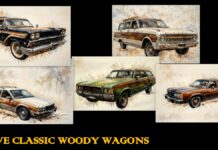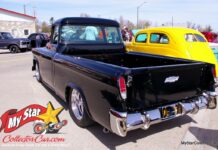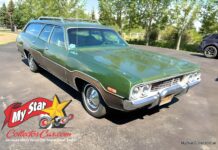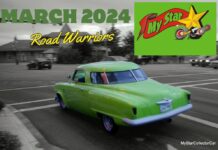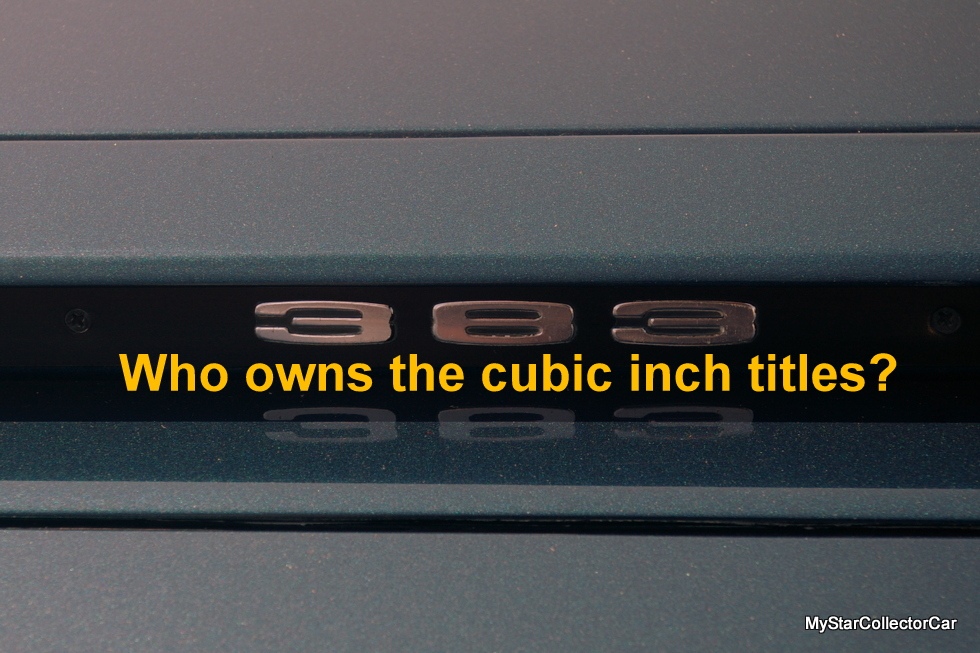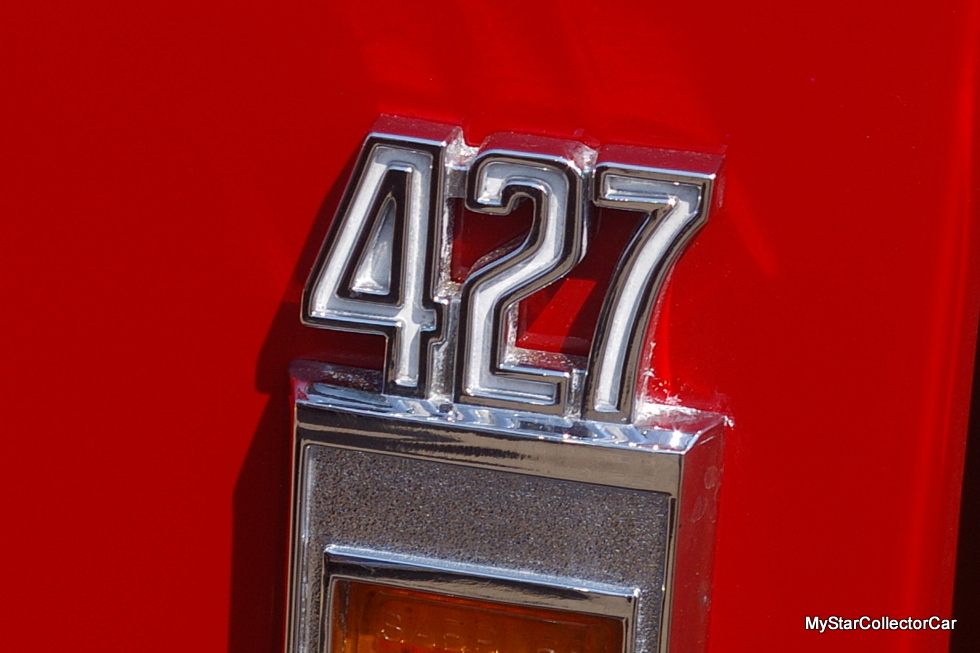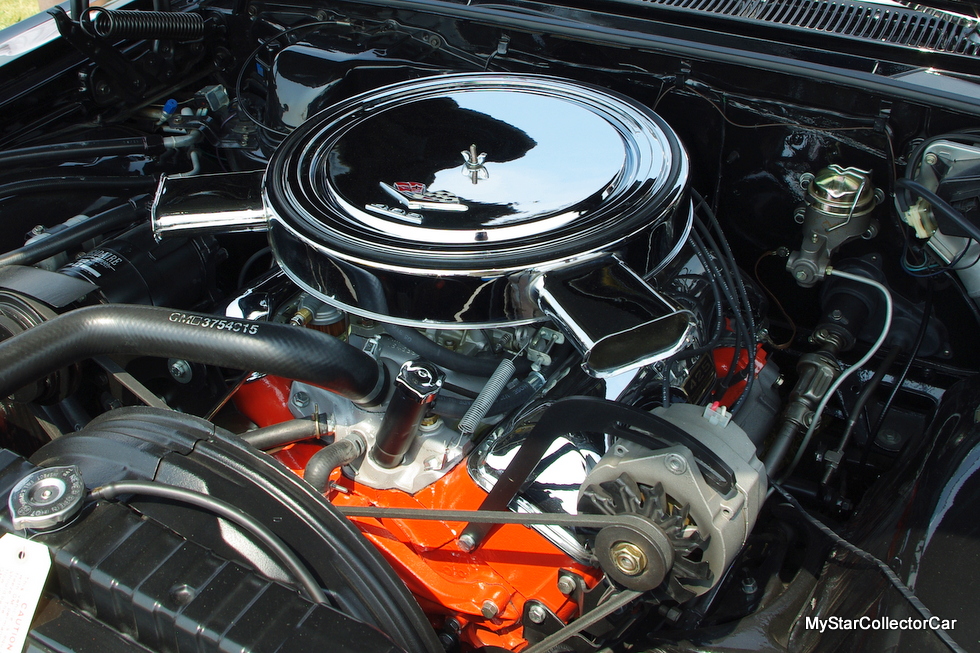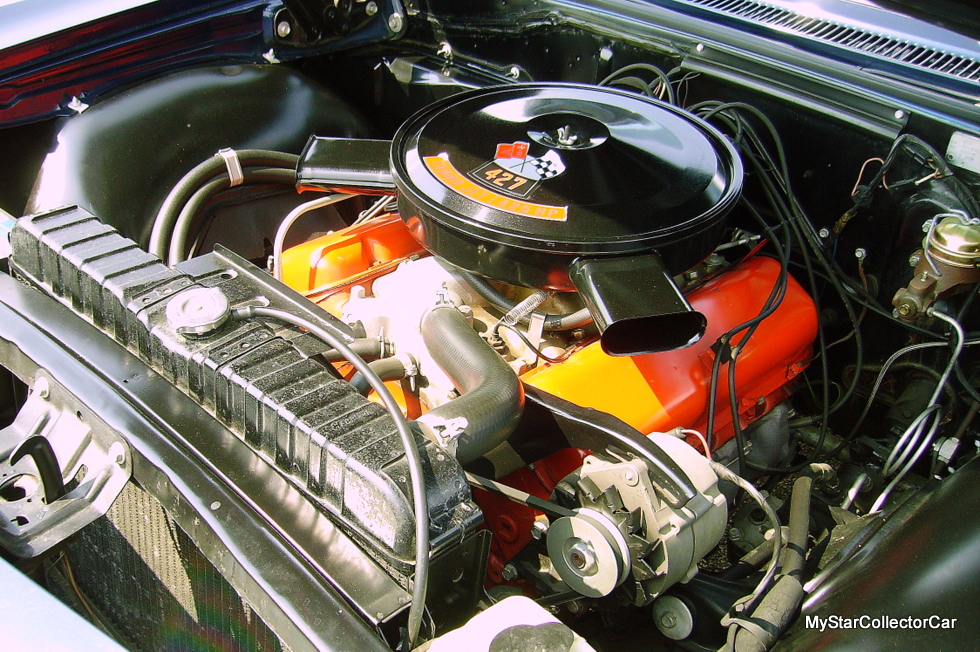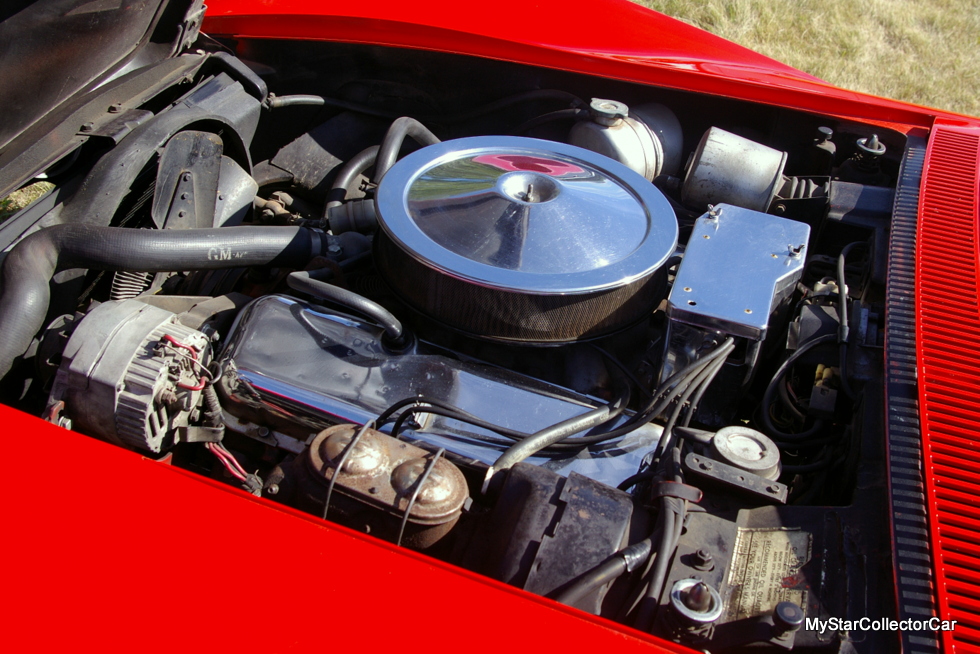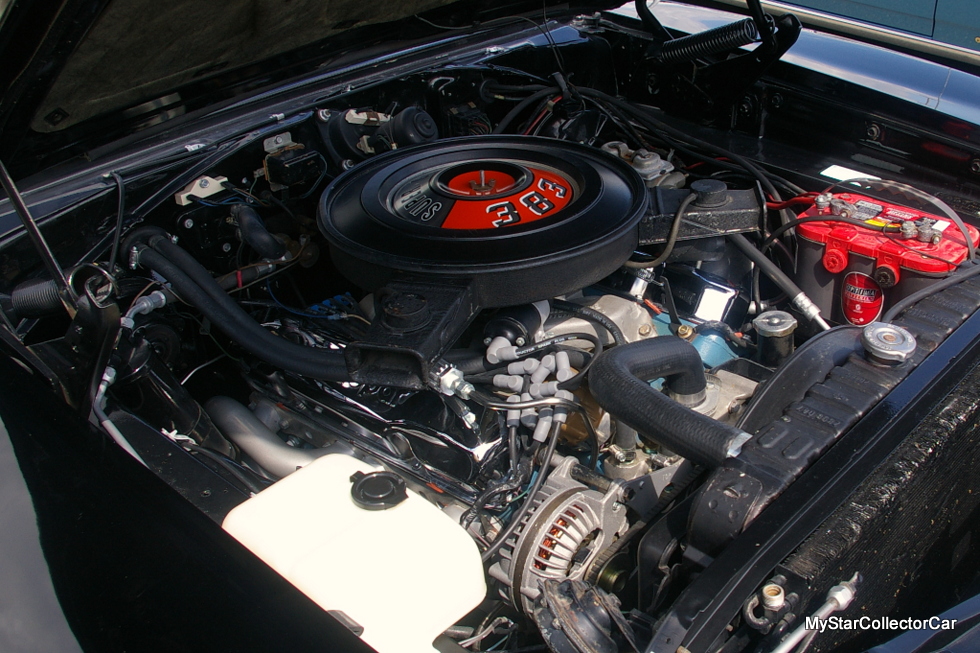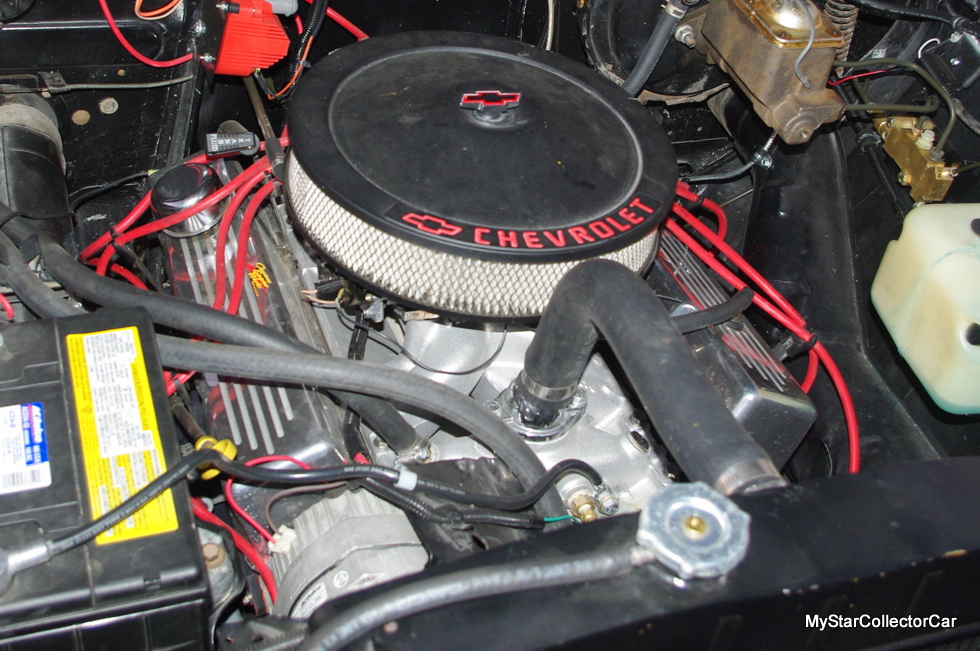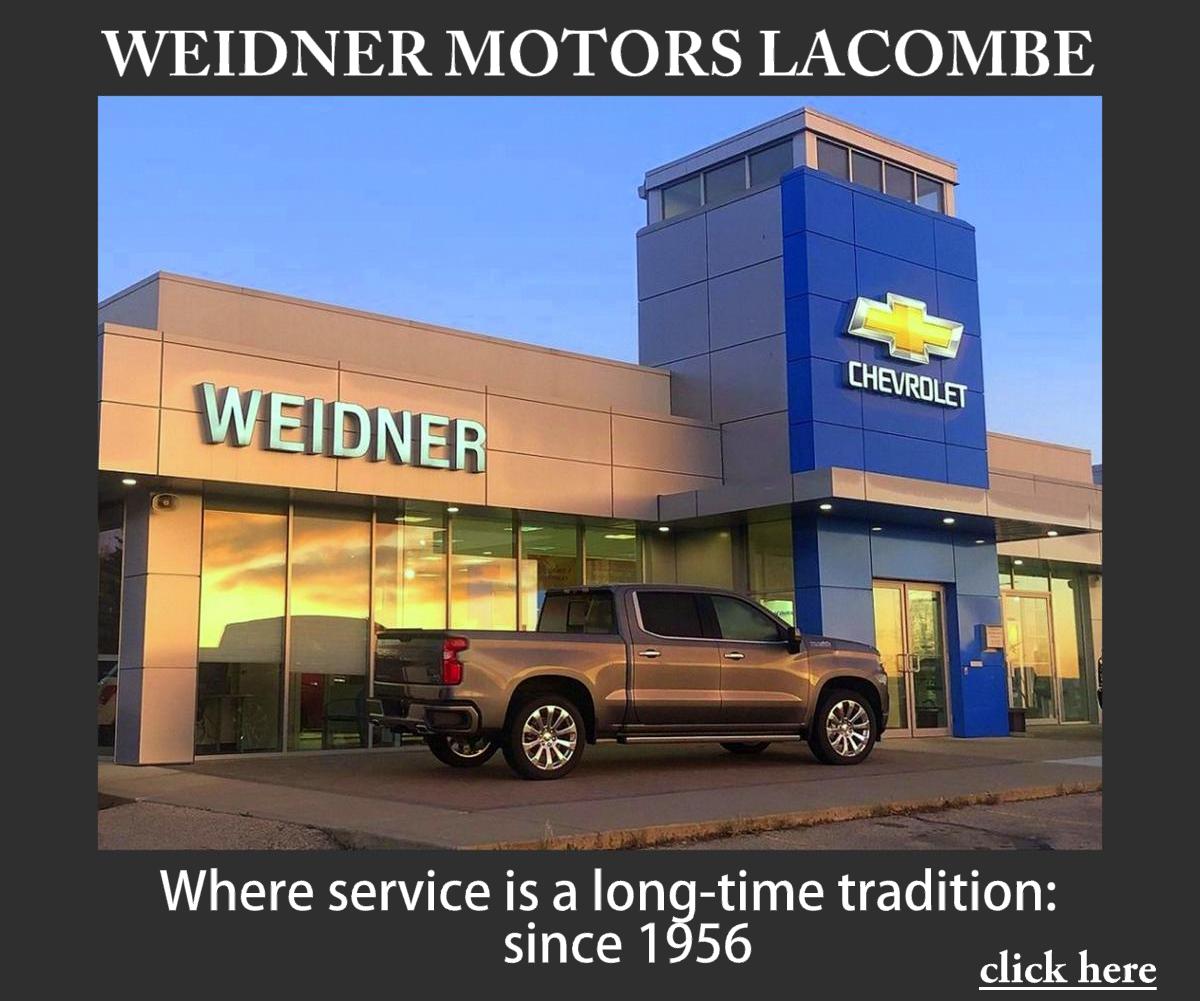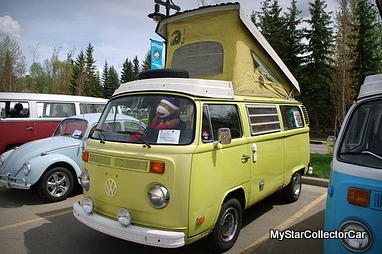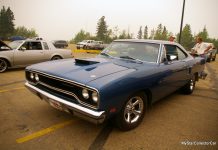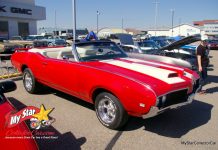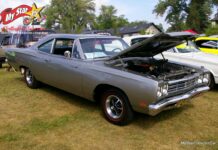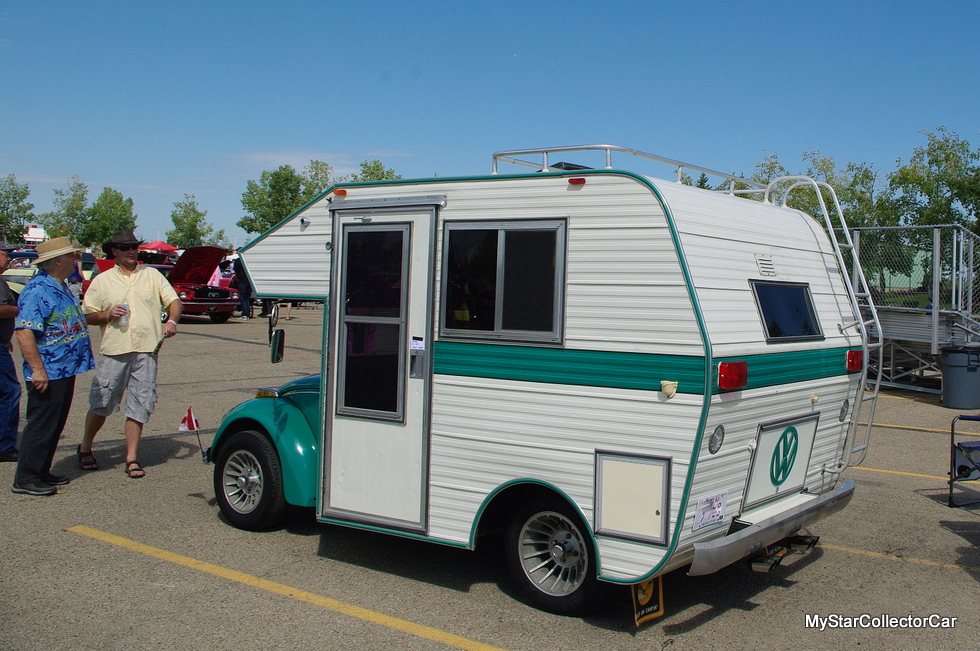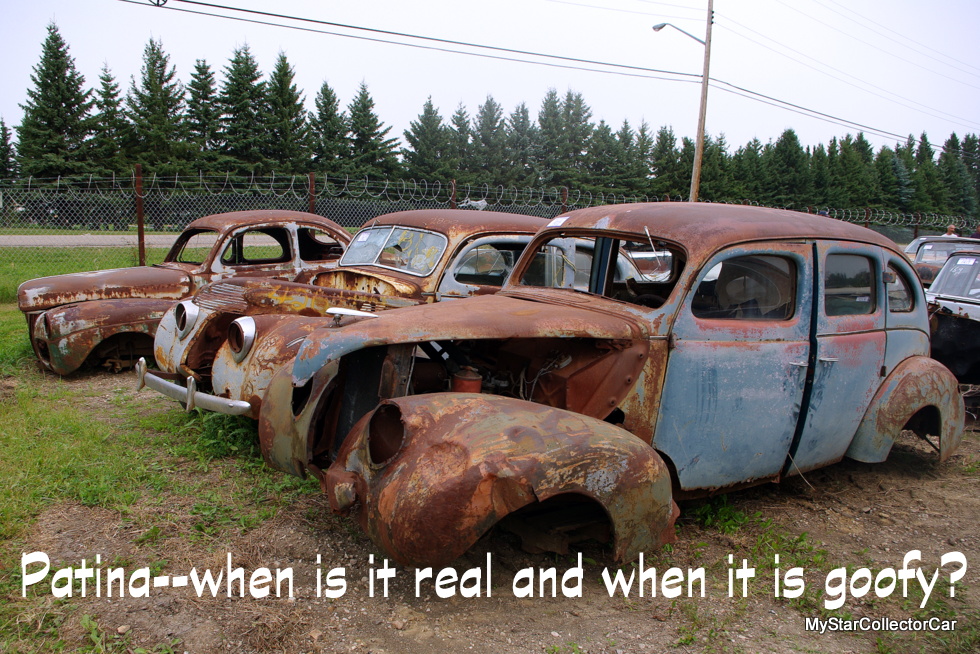There are several examples of cubic inch cross-overs when it comes to North American-built V-8s and there is ample room for debate about which manufacturer can lay claim the displacement title when the numbers are the same.
‘We at MSCC decided to take a look at a few of the most famous examples of what happens when cubic inches collide in the displacement wars.’
The first battle is Ford vs. Chevy in a 427 big block battle.
Chevy’s 427 first appeared in 1963 as GM’s W series successor to the famous 409 big block made famous in song by the Beach Boys.
The first GM 427s were produced in limited numbers, thus a factory-equipped 427 Chevy from the early years is rare and very expensive.
The Chevy 427 came into its own in the latter part of the 60s and earned its “Rat” nickname along the way as its horsepower increased to legendary proportions.
The Ford version of the 427 was also introduced in 1963 and became a dominant force on the NASCAR circuit for the next two years until the introduction of the Mopar Hemi crowned Richard Petty as the new king of the race track.
The Ford 427 made its biggest impact on the street under the hood of the Shelby Cobra. These very limited production sports cars are still ranked among the greats in the car hobby and command other-worldly prices when they are offered for sale.
One thing is clear in this 427 battle: Chevy and Ford have both produced legendary versions of the 427 big block. However, we give the nod to Chevy because their version of the 427 muscled everything from Impalas to Corvettes over the years and the impact of the Rat cannot be denied in the car hobby.
Our second and final topic in our numbers discussion is the 383 title. The 383 label has been made most famous by two engines over the years and we will compare the two of them.
The Chrysler version of the 383 was a big block V-8 that first appeared in their lineup for the 1959 model year. The 383 was offered as a D-500 (later Magnum in Dodges and a Golden Commando in Plymouths). The engine was a strong performer and provided over 300 horsepower to the gas pedal foot of a Mopar owner in ’59.
The Chrysler 383 became most famous as the base engine for the affordable Plymouth Road Runner and Dodge Super Bee hot rods when they debuted in 1968. The Mopar 383 earned a reputation as a solid performer that could easily run with their under-400 cubic inch counterparts on the street.
The other 383 is GM’s small block stroker based upon their famous 350 engine. Most car guys will know the 383 stroker was never actually factory-built by GM. The first 383 stroker was the result of a “what-if” moment in the late 70s when a car guy machined a GM 400 cubic inch crank so it could provide longer piston arms for a bored-out Chevy 350.
The rest is history and after-market performance parts have made the 383 stroker one of Chevy’s most famous engines-even without its factory-built origins.
The Mopar 383 disappeared many years ago and many car guys now immediately lean toward the Chevy stroker when the number comes up in conversation.
‘However, we lean toward the 383 from Chrysler in this debate because it actually came from a factory and earned its reputation during the muscle car era of the late 60s.’
Jim Sutherland
CLICK HERE to Like us on Facebook
CLICK HERE to Follow us on Twitter
CLICK HERE to Follow us on Pinterest
Please re-post this if you like this article.





